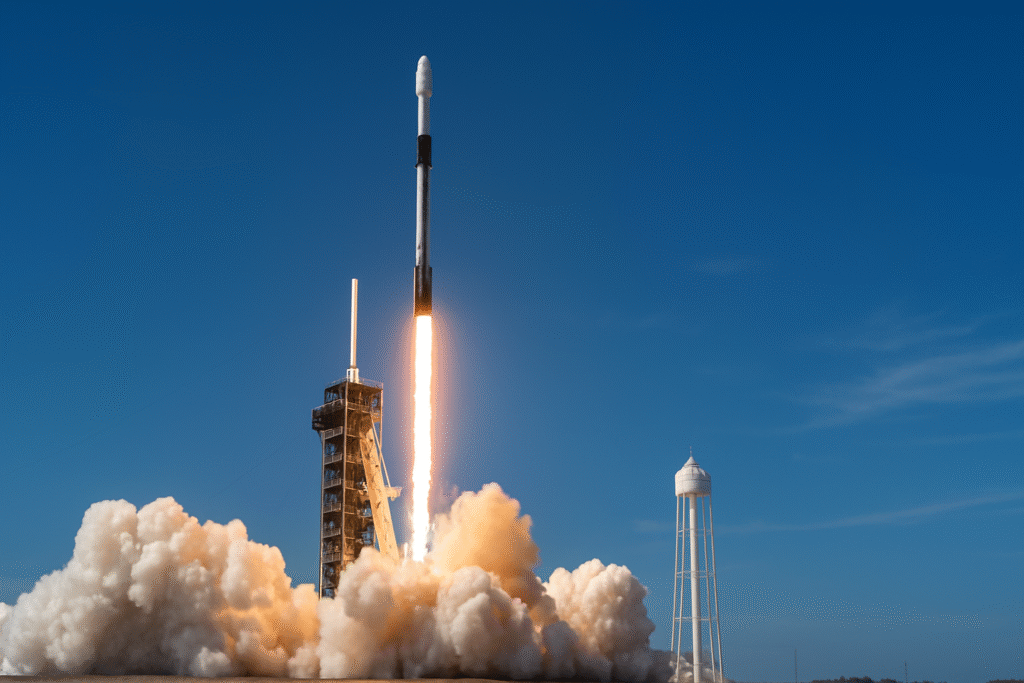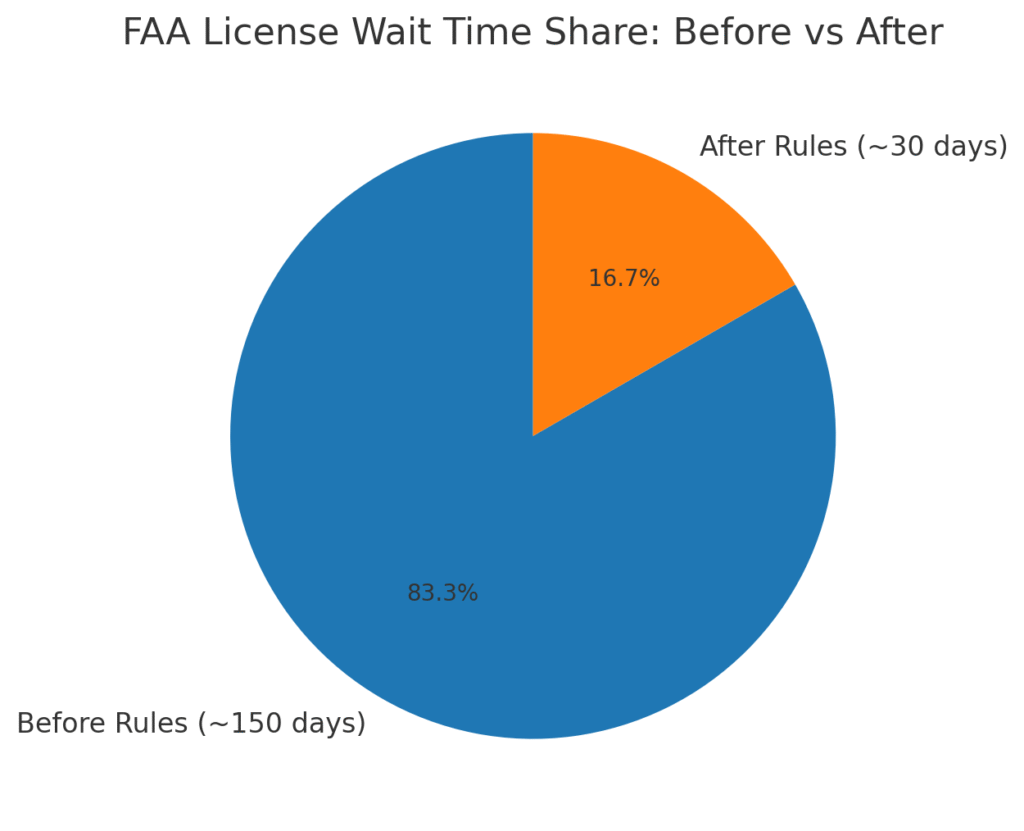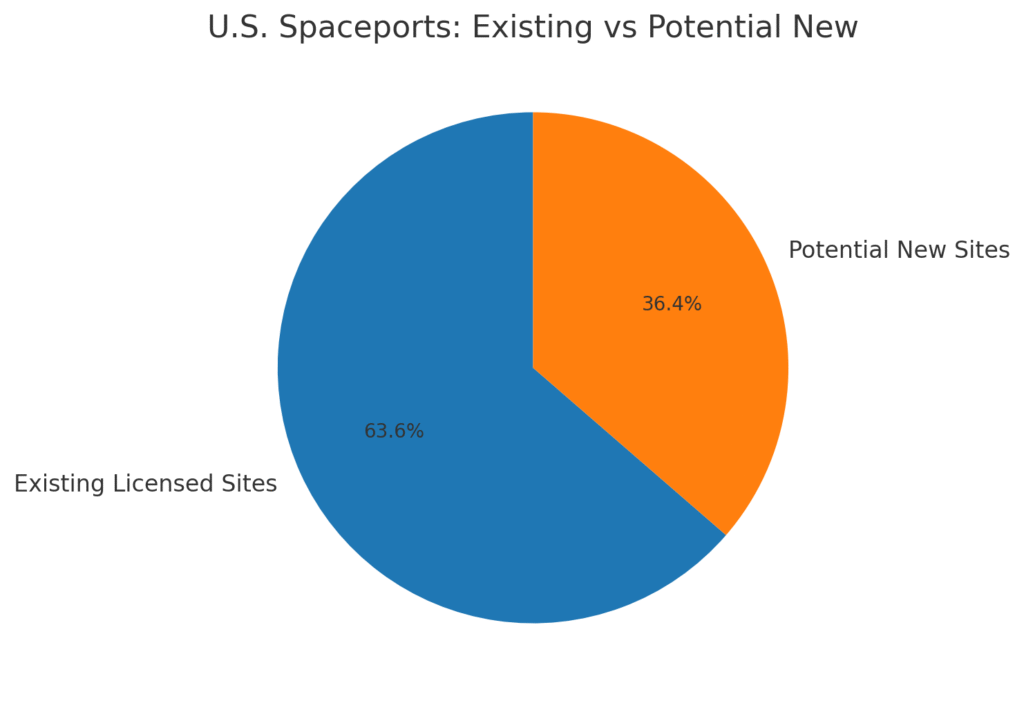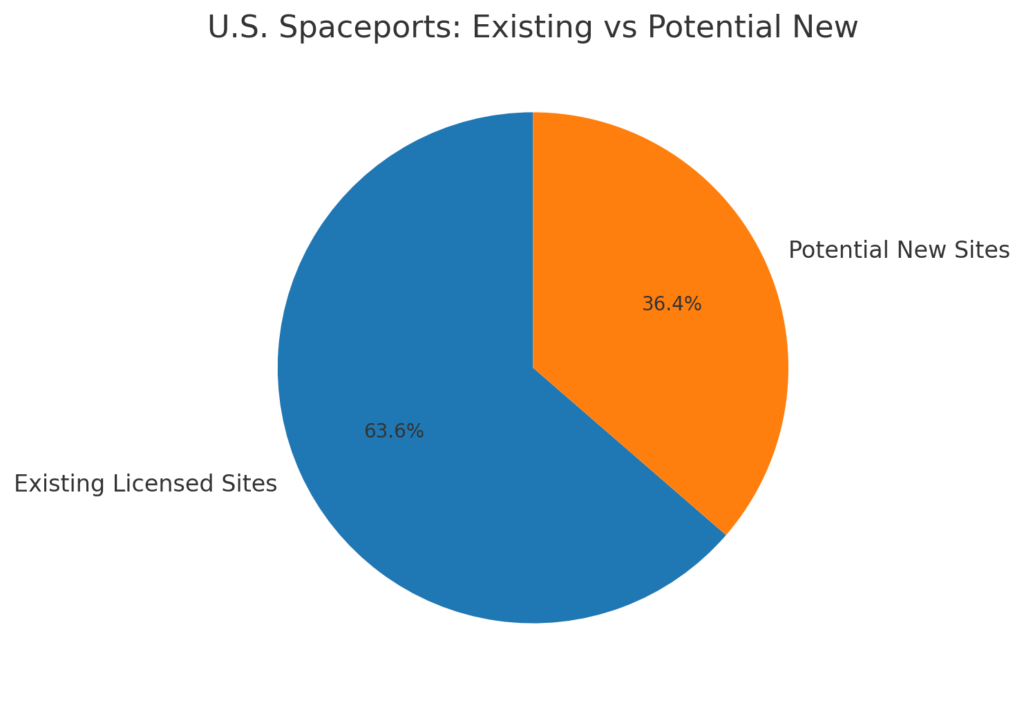
With federal launch rules now streamlined, SpaceX and other private players can accelerate mission schedules, unlock new spaceport regions, and energize America’s space race—bold and regulated.
American Launch Rules Eased: A Launchpad for Innovation
In a significant shift, the U.S. government has moved to modernize commercial space policy by trimming outdated regulatory barriers—cutting environmental red tape and simplifying launch licensing through the FAA. These changes are not just bureaucratic tweaks; they signal a strategic pivot toward faster deployment of satellite constellations, experimentation with reusable rockets, and expansion of domestic launch hubs.
also read 30 Starlink Satellites A Game-Changing Boost for Global Internet
For SpaceX—already leading the U.S. in launch frequency—this translates into shorter wait times, faster iteration of Starship and Falcon missions, and the ability to scale operations at Starbase and Cape Canaveral. But it’s not just SpaceX. Streamlined rules open the market for emerging space startups and future competitors, boosting innovation across the board.
What’s more exciting? States like Florida, Texas, and regions previously limited by regulation are now potential launch sites. This geographic flexibility could spur economic and tech growth beyond traditional aerospace hubs, democratizing space access across America.

SpaceX: From Regulatory Drag to Flight Speedway
SpaceX has long endured delays due to extensive environmental assessments and licensing protocols. With new rules in place, the company gains a runway to accelerate testing and deployment. Faster approvals mean Starship prototypes can fly more often, data-driven improvements can proceed without lengthy hold-ups, and Starlink satellites can fill in communication gaps faster.
also read Korea’s $10M Leap Into SpaceX – Why This Bet Could Shape the Future of Space
This pace equals innovation. SpaceX’s “test, fail, fix” cycle becomes a “test, fly, refine” loop. For a company built on reusability and iteration, that’s a game-changer. It also raises the bar for competitors like Blue Origin and Rocket Lab, forcing them to match speed and efficiency or risk falling behind.
Yet this new agility comes with responsibility—safety and public trust must hold pace with launch velocity. Transparency, environmental safeguards, and strong local

SpaceX: From Regulatory Drag to Flight Speedway
SpaceX has long endured delays due to extensive environmental assessments and licensing protocols. With new rules in place, the company gains a runway to accelerate testing and deployment. Faster approvals mean Starship prototypes can fly more often, data-driven improvements can proceed without lengthy hold-ups, and Starlink satellites can fill in communication gaps faster.
This pace equals innovation. SpaceX’s “test, fail, fix” cycle becomes a “test, fly, refine” loop. For a company built on reusability and iteration, that’s a game-changer. It also raises the bar for competitors like Blue Origin and Rocket Lab, forcing them to match speed and efficiency or risk falling behind.
This pace equals innovation. SpaceX’s “test, fail, fix” cycle becomes a “test, fly, refine” loop. For a company built on reusability and iteration, that’s a game-changer. It also raises the bar for competitors like Blue Origin and Rocket Lab, forcing them to match speed and efficiency or risk falling behind.
Balancing Speed With Stewardship
While streamlined regulations ignite innovation, speed mustn’t eclipse accountability. Environmental impacts—coastal habitats, noise pollution, wildlife disruption—still warrant vigilant oversight. The U.S. must pair deregulation with smart, tech-driven safeguards
also read 30 Starlink Satellites A Game-Changing Boost for Global Internet
SpaceX and regulators can co-develop real-time environmental monitoring (e.g., noise sensors, air quality tracking) and make them publicly transparent. Local communities near new launch sites should be heard—infrastructure, economic benefit, and wildlife protections should go hand-in-hand.As rockets fly faster, trust must keep pace. That means clear communication, shared data, and respect for local ecosystems.

Final Summary (Concise)
Rules are easing, and SpaceX is in pole position—but it’s not a free-for-all. America’s space sprint can only last if guided by responsibility. Faster launches, more innovation, and broader reach—with conscience intact.
